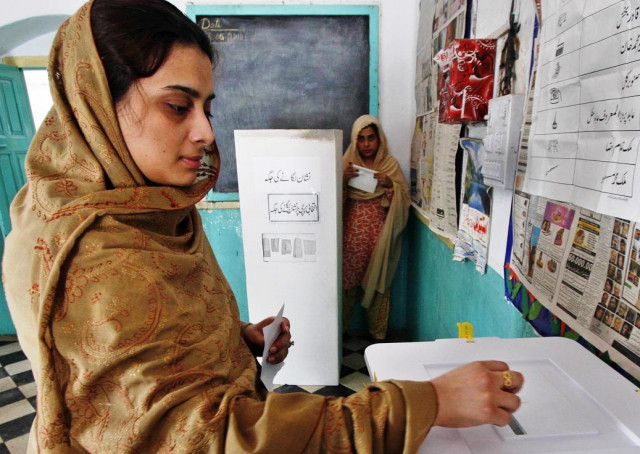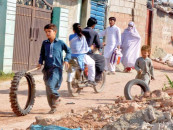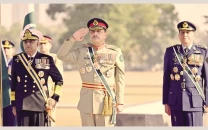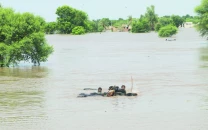Pakistan ranks last in Global Gender Gap Index 2025
Report shows persistent gender gaps in economy and politics, despite modest progress in female literacy in Pakistan

Pakistan has been ranked last among 148 countries in the World Economic Forum’s (WEF) Global Gender Gap Report 2025, underscoring persistent gender disparities in economic participation and political representation, despite modest gains in female literacy.
The annual report, released earlier this week, assesses gender parity across four key dimensions: economic participation and opportunity, educational attainment, health and survival, and political empowerment.
“Occupying the bottom rank of the index (148), Pakistan sees its overall parity score decline from last year’s edition from 57 per cent to 56.7 per cent,” the report stated, marking the second consecutive annual drop in the country’s score.
The report recorded limited progress in education, with a 1.5 percentage point improvement in educational attainment, raising parity in that domain to 85.1 per cent. The gain was partly driven by a rise in female literacy, which increased from 46.5 per cent to 48.5 per cent.
Read more: Pakistan ranks second-last in global gender equality index
“Part of the shift is driven by an increase in female literacy rates from 46.5 per cent to 48.5 per cent,” the report said. However, it cautioned that the improvement at the university level was partly due to a decline in male enrolment, rather than a significant rise in female participation.
Pakistan’s score in economic participation and opportunity declined by 1.3 percentage points amid widening income and wage gaps. The report cited a marginal increase in income disparity and a four-percentage-point rise in perceived wage inequality.
According to a 2024 World Bank report, women make up just 22.8 per cent of Pakistan’s labour force, and their representation in leadership and managerial roles remains low.
Why do we need to measure #gender gaps? Here are 9 questions answered about the Global Gender Gap Report 2025, out now: https://t.co/lRBRR6VUER #gendergap25 pic.twitter.com/7tPyFuhtI2
— World Economic Forum (@wef) June 12, 2025
The country also witnessed a decline in political empowerment. Parity in this category fell from 12.2 per cent in 2024 to 11 per cent in 2025. While women’s representation in parliament rose slightly by 1.2 percentage points, the share of women in ministerial positions dropped from 5.9 per cent to zero, the WEF said.
“Overall Pakistan has closed +2.3 of its gender gap since 2006,” the report noted. “However, this year’s results are a second consecutive drop from the economy’s best score of 57.7 per cent achieved in 2023.”
Pakistan has consistently ranked near the bottom of the Global Gender Gap Index. The 2025 report highlights the country’s continuing struggle to create equitable opportunities for women, particularly in political and economic spheres. While progress in education is encouraging, it remains insufficient to overcome broader systemic inequalities.





















COMMENTS (2)
Comments are moderated and generally will be posted if they are on-topic and not abusive.
For more information, please see our Comments FAQ